This article we will explain some some of the ways we are incorporating healthy ingredients from a variety of sources into recipes to develop novel formulations of foods.

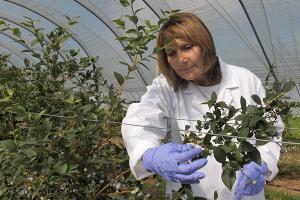
Blueberries have gained in popularity amongst UK consumers. Currently UK blueberries supply only 5% of demand and there is a huge opportunity to increase home grown supply.

'Protein for Life' is designed to identify and develop guidelines for protein products for healthy ageing (living a better, longer life) that are cost effective, sustainable and enjoyable.

SEFARI is an important partner in ‘Make Innovation Happen’, which is an initiative coordinated by the Scotland Food and Drink Partnership.

SEFARI scientists are investigating the potential benefits of supplementary soluble indigestible fibres for promoting healthy weight loss.

Recently there has been a rapid increase in the spread and number of non-native tree pests and pathogens around the world. Traditionally the impact of tree diseases and pests has been assessed in terms of their impact on forestry and the loss of wood products.
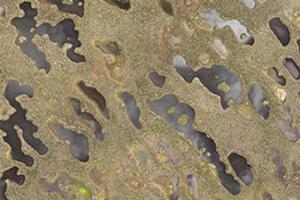
Scotland has committed to peatland restoration as part of its array of policies to tackle climate change.
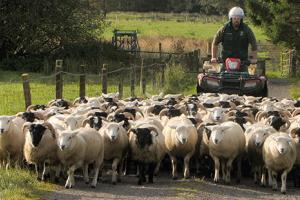
Arboviruses are transmitted by biting insects and cause disease in animals and humans. These viruses are spreading due to increased globalisation, international trade and travel and climate changes. Among these is bluetongue virus (BTV) transmitted by midges and causing fatal disease in sheep.
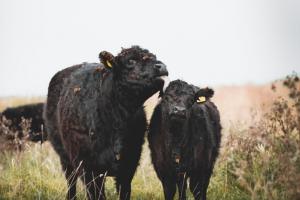
SEFARI scientists make a significant contribution to the Scottish Government’s BVD Eradication Scheme. We inform this scheme through our unique and multi-disciplinary approach that uses epidemiological, economic, social science and molecular science to explore the wide-ranging implications of BVD.
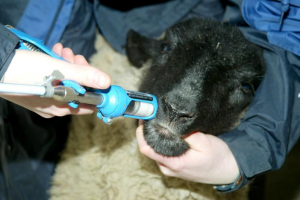
SEFARI scientists are engaged in long term research into the detection and management of anthelmintic (wormer) resistance and the development of practical strategies to help slow its spread.

We used the next generation of genomic approaches to sequence the DNA of barley to improve our understanding of this cereal’s wide-ranging adaptiveness.
Pagination
- First page
- Previous page
- 1
- 2
- 3
- 4
- 5
- 6
- 7